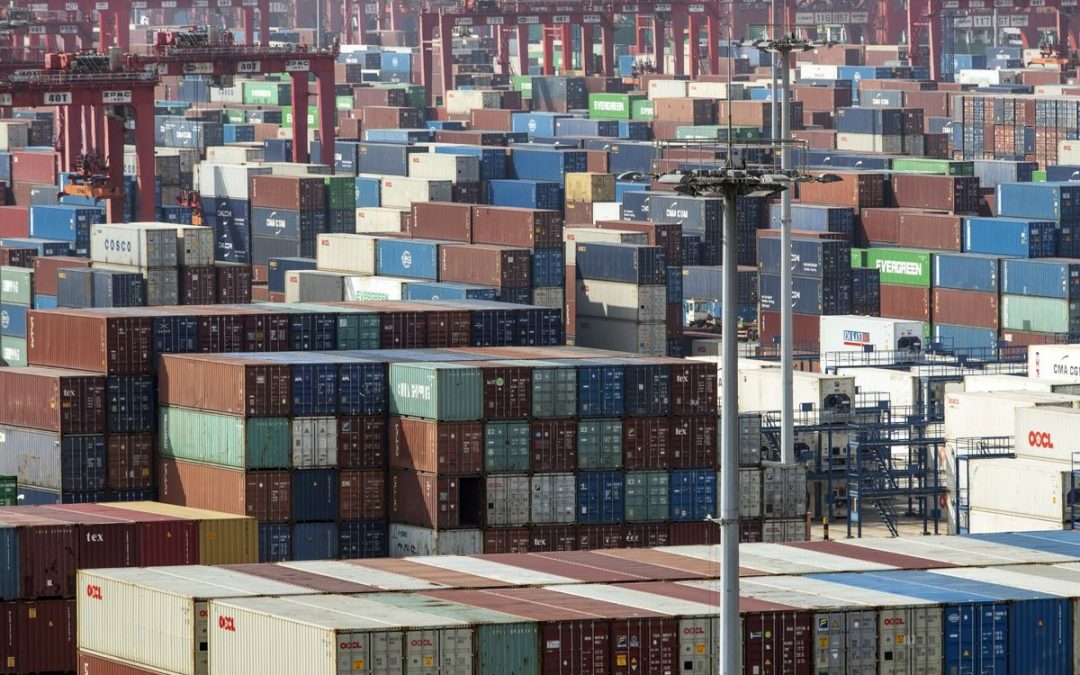Container terminal operator earnings have declined as slowing trade and escalating costs have brought margins under pressure. But an improving economic outlook and falling energy costs are expected to provide some reprieve through the second half of the year.
Widespread easing of port congestion reduced average container dwell times at terminals and led to a corresponding fall in storage revenues in 4Q22, according to the latest readings from Drewry’s Global Container Terminal Revenue Index which is published in the Ports and Terminals Insight. In their financial statements, both APMT and Westports confirmed that their storage income has dropped back to 2020 levels.
Meanwhile, costs continued to rise, according to Drewry’s Global Container Terminal Cost Index, due to continuing inflationary pressure particularly from escalating labour and energy costs. This together with softening revenues put pressure on operator margins, sending Drewry’s Global Container Terminal Earnings Index down 19% YoY and 21% QoQ in the final quarter of last year (see chart).
The index measures quarterly changes in industry earnings per teu, based on the financial results of selected global terminal operators. A similar approach is used to measure indexed trends in terminal operator revenue and operating costs and all three indexes are updated quarterly in Drewry’s Ports and Terminals Insight.
Looking ahead, while weakening container traffic will depress total revenues, the impact on per unit revenues will be partially offset by inflation-linked annual tariff increases. Additionally, if carriers continue to use blank sailings to manage trade-lane capacity then average terminal dwell times could settle at a level above pre-pandemic norms which would see some of the storage revenue gains maintained.
On the cost side, we expect personnel costs, which are partially inelastic and typically account for the highest proportion of unit operating costs, to increase with the rise in annual salaries. Drewry’s analysis of recent pay deals underpins our previous expectation that global average dock workers’ wages will rise by 6-9% in 2023.
Meanwhile, fuel and energy costs are expected to fall over the course of the year and lower volumes will lead to further easing of port and landside congestion which will provide some efficiency gains. However, these gains could be reversed if terminal utilisation levels fall too low.
In summary, annual tariff increases are expected to have helped offset the loss of storage revenues in 1H23, but higher manpower costs will keep margins under pressure and falling cargo demand could lead to diseconomies of scale. The expected easing in energy and fuel costs plus recovery in volumes is expected to relieve the pressure on margins in 2H23.
Hence, despite economic headwinds, Drewry expects container terminal operator earnings to recover through the course of the year on reduced cost pressures and inflation-linked revenue protection.
Source: Hellenic Shipping News






